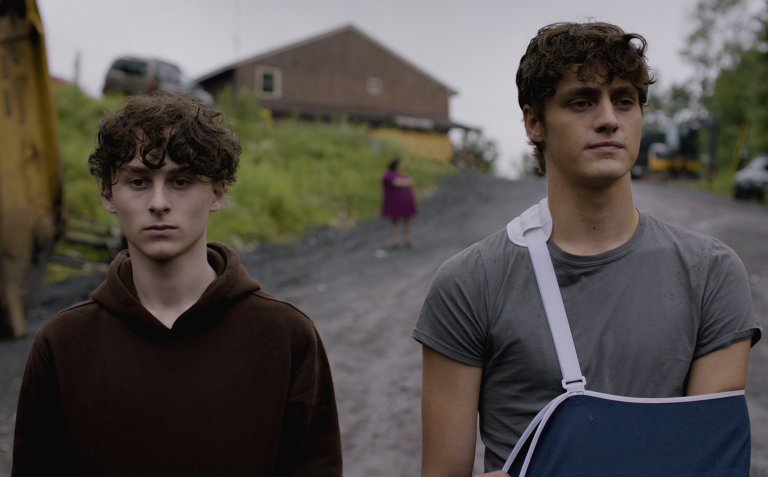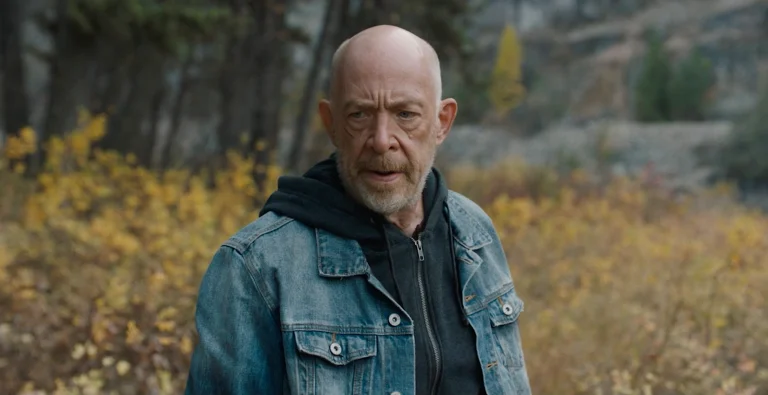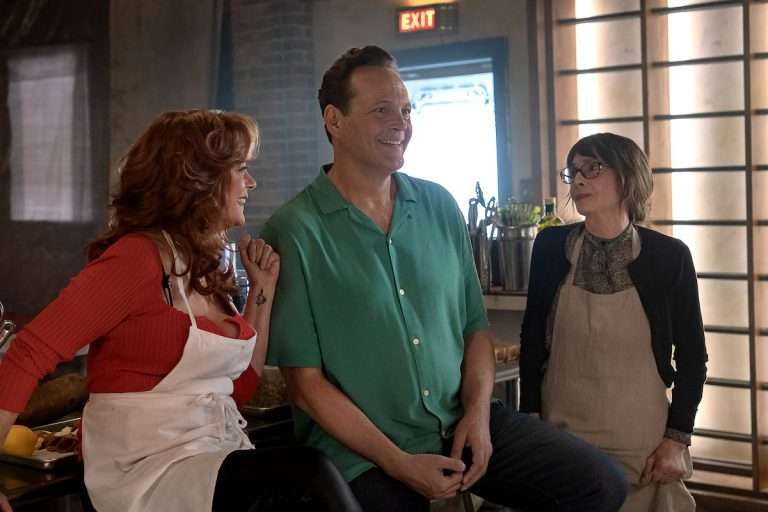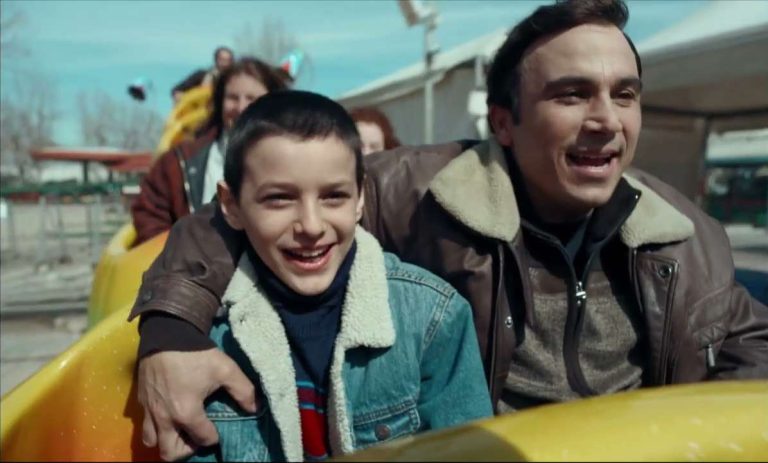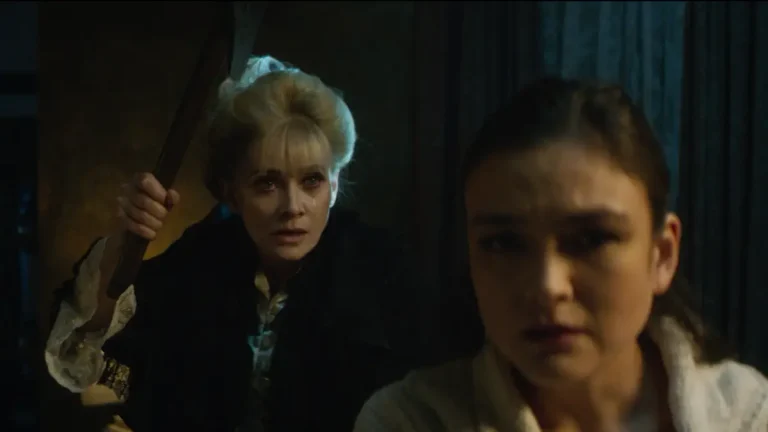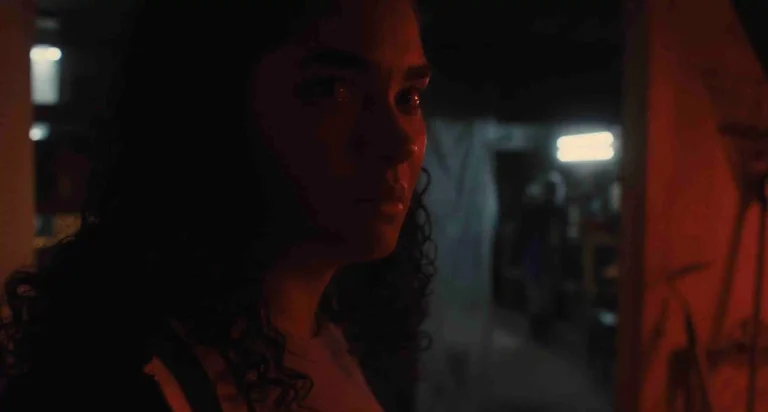Dune: Part Two (2024) Movie Review: In nearly all cases, referring to a film as “the best possible version of the story that we could’ve gotten” is a compliment that goes down with an unavoidably backhanded aftertaste; phrased another way, it arguably boils down to, “At least it wasn’t worse.” This was much the consensus surrounding Denis Villeneuve’s 2021 adaptation of Frank Herbert’s intimidatingly behemoth sci-fi novel “Dune,” praised largely because the Quebecois filmmaker had the good sense to learn from David Lynch’s mistakes and not bite off more than he could chew.
If “Dune” was “the best possible version” of its story, it was deemed so because it was decidedly incomplete, opting to take the time to properly oil the cogs of its massive spice-harvesting machine so as to ensure it reached its final destination intact, rather than quickly. Dune: Part Two,” then, promised to make up for the three-year wait separating it from its predecessor, fulfilling the prophecy of the Muad’Dib and delivering an Arrakis-shattering finale to complete the arc of one of the few artistically driven blockbuster sagas of recent memory. Part Two is all payoff where Part One was all setup, and in being so, Villeneuve’s latest odyssey is—sad to say—the best possible version of its story.
House Atreides has fallen, and surviving Paul (Timothée Chalamet) has ingratiated himself with the local Fremen of Arrakis, vowing to learn their ways and become more than an outsider to the colonized. As he continues in his quest to avenge his family from the vicious Harkonnens, Paul’s journey of love with Chani (Zendaya) and life with the Fremen clashes with all the possible futures he sees, most of them disastrous for the newfound community that sees him as the messiah meant to liberate them and guide them to Paradise.
Villeneuve’s vision of the vast wastelands is, once more, layered with all the scope one would expect from the genius who found new (better) life in the dying world of “Blade Runner” and made memories of a scientist’s family life echo with the impact of centuries in “Arrival.” Arrakis is an inhospitable death trap, but those who seek to meet the desert on its own terms can live to flow with the winds that carry the sand.
Villeneuve is conscious of this need to balance cold spectacle with a human touch running its fingers delicately through the dust, far more than his staunchest critics are willing to give him credit for. The love story that blooms between Paul and Chani may not be completely enthralling, but it’s genuine enough that the accompanying onslaught of explosions along the endless desertscape is given that much more punch.
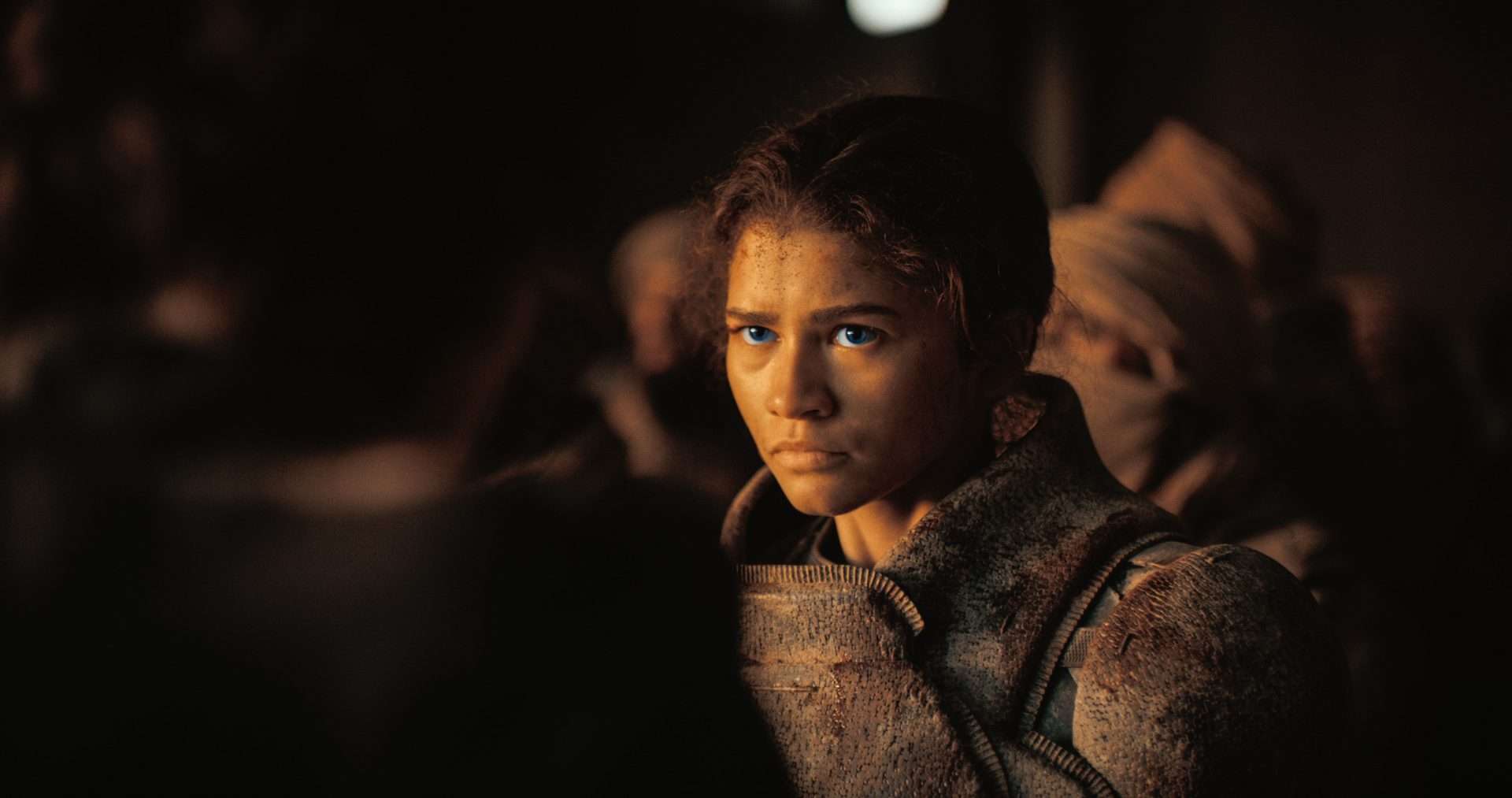
The increasingly frequent battle scenes are so riveting, in fact, that one almost fails to notice where “Dune: Part Two,” being the climactic half of a story, has left nearly all of its stakes behind in the first film. Perhaps “stakes” is the incorrect term, for the scale of Villeneuve’s vision never lets you forget that there is quite a bit riding on Paul’s conquest, just as there is on his inner conflict in deciding whether an outright conquest is the correct approach at all. The problem is just that, across the film, Paul’s inner conflict is offset by a steady barrage of slam-dunk victories. His biggest challenges, as Part Two presents them, appear to be in the rearview.
Of course, this perspective somewhat neglects the finale of the film, in which the seeds of the source material’s much-heralded perspective on colonial conquest and White Saviourism begin to bear fruit. For “Dune: Part Two” to even tackle such material at all is a testament to Villeneuve’s unwavering faithfulness both to Frank Herbert’s guiding hand and that which he places in his own audience to get onboard with such a premise. This faith in elevated blockbuster mentality even comes through in some of the anticipated showdowns that may strike some as anticlimactic but serve with the sort of brevity that purposefully takes the wind out of overworked pageantry—like a generational story being stripped of its mystique.
To that effect, by the time one reaches the film’s final comedown, the impression that Villeneuve still has yet to deliver us the best he has to offer with this series becomes steadily apparent. That’s all well and good, except for the fact that “Dune: Part Two” was supposed to be the one that delivered on all the satisfaction—at least, if one is to believe all the adamant book-readers for the past three years… and the marketing team… and Villeneuve himself.
So now, when he says that he wants to make “Dune: Messiah” to close off Paul Atreides’s chapter, you’re inclined to believe him based on the trajectory of what we’ve gotten so far, but at the same time, you can’t help but feel like you’re in the same position in which you found yourself three years ago when the end credits hit. Without question, the greatest filmmaker working today has shown us with “Dune: Part Two” that ambition is just as important as the direction needed to focus it. The inclusion of its myriad new cast members, for instance, never encourages Villeneuve to veer violently off-course from the players whose stories need to draw closer to their ends, no matter how much Austin Butler, Christopher Walken, and Florence Pugh manage to make of their infinitesimal roles.
With every moment that Greig Fraser’s camerawork points towards the unforgiving stretch of sand and Hans Zimmer’s war cries blare with the energy to crumble a thousand Jericho walls, Denis Villeneuve proves that true power comes not just from collecting the most appetizing spice in the industry, but knowing when and where it’s time to inhale deeply, and when and where it’s time to pull back and be strategic with the export of goods.
The only remaining question is whether the actual conclusion allows Villeneuve to harness that messianic vision to its fullest potential or whether Part Two signals a series of endless spice-trails leading across the ceaseless bounds of the horizon.


